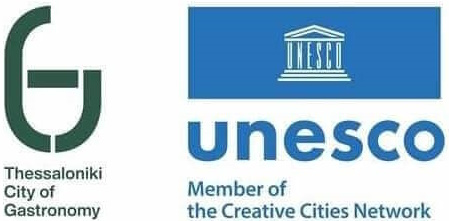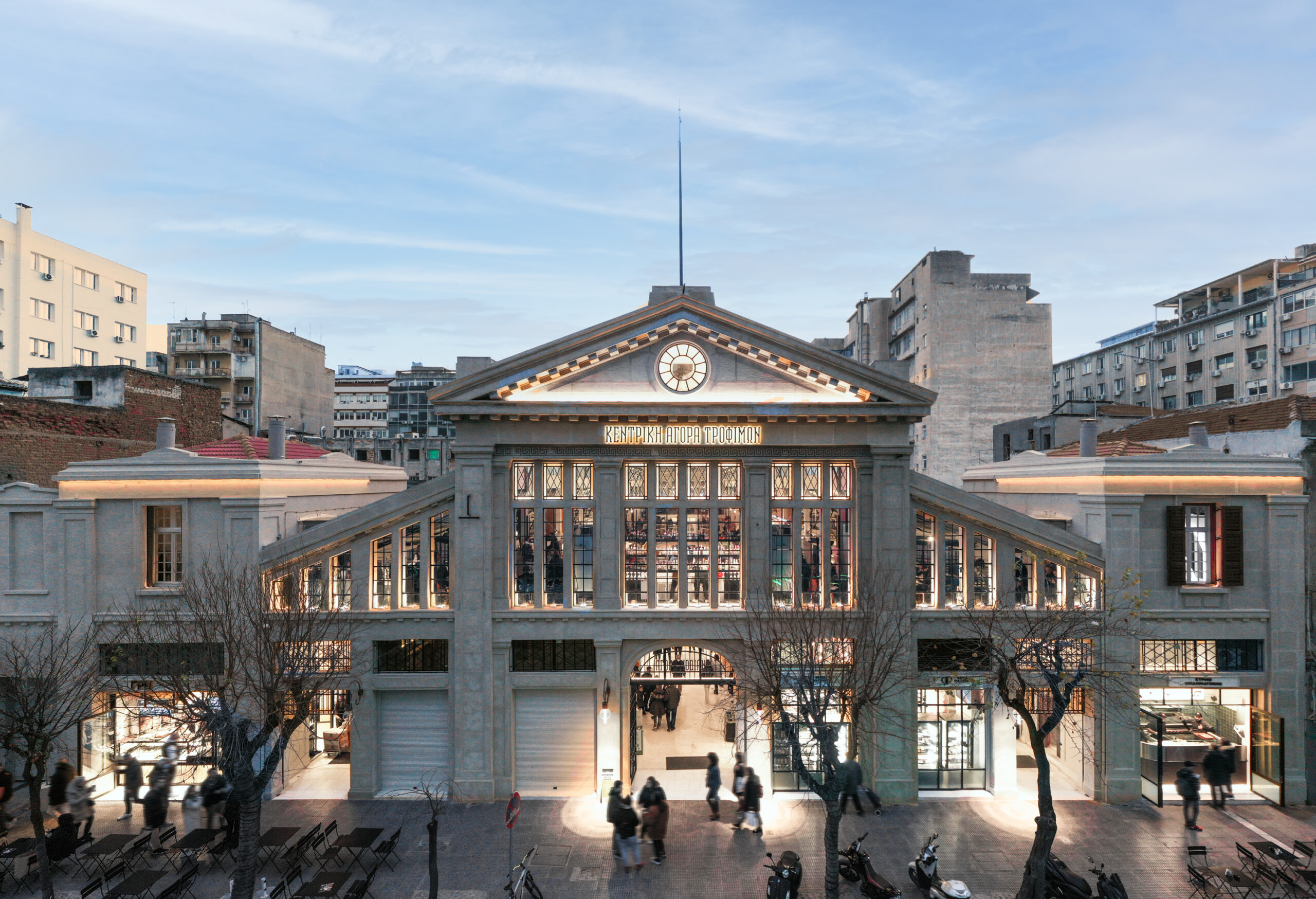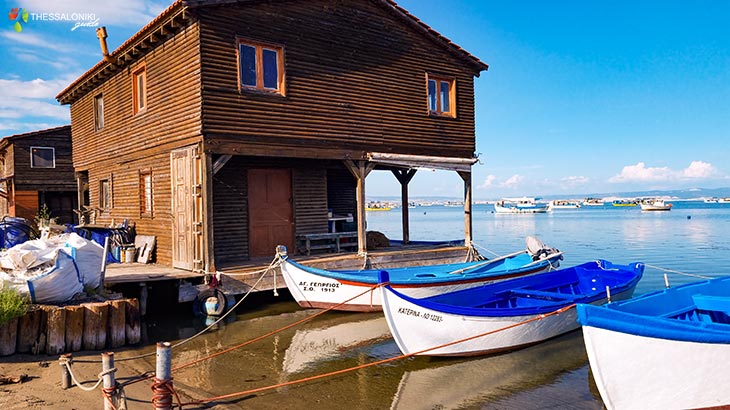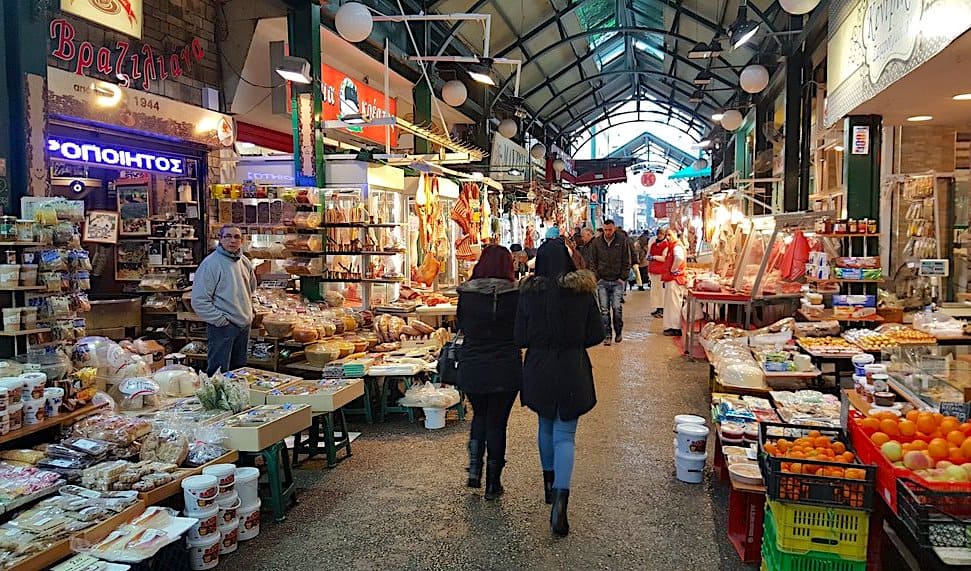OUR PRINCIPALS
- Maintain the heritage, originality and rich gastronomic tradition of the city.
- Exploitation of its natural resources.
- Economic growth through gastronomy for the benefit of its inhabitants.
- Elimination of poverty through the development of gastronomy.
- Strengthening of incentives that will support Thessaloniki’s involvement in the UNESCO Creative Cities Network as well as achievement of the SDGs.
- Foster entrepreneurship and innovation through gastronomy.
- Inclusion and reduction of prejudice and obstacles through actions, for women, diversity and persons with disabilities.
- Attract investments through the involvement of the town in the UNESCO Creative Cities Network.
- Recognition and promotion of the SDGs through the food industry and catering.
- Support the SDGs and best practices.
- Reinforce cooperation and collaboration between the bodies of the city.
- Reinforcement of tourism for the town through gastronomy.




UNESCO CREATIVE CITIES NETWORK (UCCN)
More than 50% of the world’s population currently lives in urban areas
and is a mosaic of different nationalities, languages and cultures. Within this context and aiming to promoting cooperation between cities that identify creativity as a strategic factor for sustainable development, in 2004 was the UNESCO Creative Cities Network (UCCN) created. The Network covers seven creative fields:
- Crafts and Folk Art
- Design
- Film
- Gastronomy
- Literature
- Media Arts
- Music
295 towns from 90 countries are members of the UCC Network!
Applications are accepted every two years. The progress and actions of each city member of the Network, are mentioned in the UCCN Membership Monitoring Reports, every 4 years.
The objective is to support creativity and culture in a local level, promote the idea of the citizens participation and through a more progressive interaction between the public, in cooperation with the private sector, and civil society, contribute into a more sustainable urban development, which will apply and serve better, the needs of the local populations.
Moreover, through pilot projects, research, cooperation on a global level, exchange of experience, know-how and resources, UNESCO believes that creative local industries will evolve, aimed at sustainable urban development.
NETWORKING
Milan Urban Food Policy Pact – MUFPP)
The Milan Urban Food Policy Pact – MUFPP is an international agreement of Mayors. It is more than a declaration, it is a concrete working tool for cities. It is composed by a preamble and a Framework for Action listing 37 recommended actions, clustered in 6 categories.
For each recommended action there are specific indicators to monitor progresses in implementing the Pact. The Milan Pact Awards offer concrete examples of the food policies that cities are implementing in each of the 6 Pact categories.
The MUFPP was initially presented by the Municipality of Milan in 2015, as an international Pact between cities from all over the world aiming at “developing sustainable food policies, which will be inclusive, resilient, safe and diversified, that will, provide healthy and affordable food for all the people within the human rights convention, combat food waste and maintain biodiversity, while at the same time will adapt and prevent the effects of climate change”.
The main objective is, to support cities who want to develop more sustainable urban food policies, by strengthening the cooperation between cities and exchange of best practices.
Food Council
In 2019 Thessaloniki was one of the first cities in Greece, that established a Food Council. The objective was, for the town to acquire through its gastronomy, an extra dimension, in reference to education and policies about healthy nutrition, children’s nutrition, bio products and improvement in the quality of free meals, that the municipality offers, and generally work on the improvement of urban nutrition.
Food Trails
Food Trails is a four-year EU-funded Horizon 2020 project, bringing together a consortium of 19 European partners, including 11 cities, 3 universities and 5 organisations.
The project aims to enable cities to reimagine, develop and implement sustainable, healthy and inclusive food policies.
Each partner city runs a pilot project, a “Living Lab“, a space for work, dialogue and collaboration to foster innovation, connect local key stakeholders, and collect evidence to support urban policy change in food.
Living Labs seek to co-design and co-implement food actions integrated with other local sectoral work and aligned with the Farm to Fork EU Strategy and the priorities of the EU-FOOD 2030 Policy: nutrition, climate, circularity and innovation.
Food Trails facilitates collaboration among cities and researchers to encourage knowledge sharing, replication and scaling up of best practices.
The project is rooted in the Milan Urban Food Policy Pact. The main idea of the approved Project, that has been adopted by the Municipality of Thessaloniki is based on the European Food Policy and the EU strategy “FOOD 2030”.
The main idea of the approved project, adopted by the Municipality of Thessaloniki, lies on the main priorities of the European Food Policy and the EU strategy “FOOD 2030”. The Municipality of Thessaloniki has approached the project through three action on a pilot level:
A. Urban Farming (vegetable garden, vineyard)
B. Food Policy Council – Strategic Plan
C. Educational material for the school community






